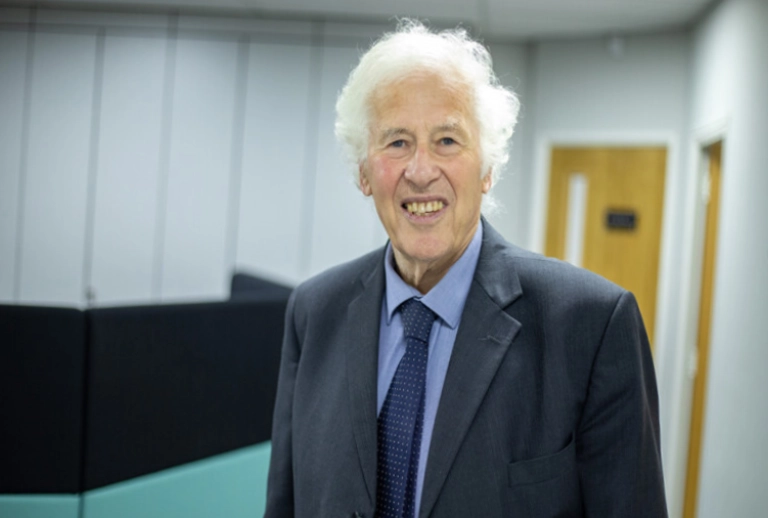Financial abuse is one of the most prevalent forms of abuse affecting elderly and vulnerable people today. It is not always easy to spot and is often carried out by those in positions of trust.

Sharon Crosby, head of the Care and Capacity team at Lodders, explains what financial abuse is, why it is a growing concern for families, and what attorneys need to know when acting under a lasting or enduring power of attorney.
What is financial abuse?
Financial abuse can take many forms, from obvious theft or fraud, to being overcharged for services, pressured into giving gifts, coerced into changing a will or entering contracts, or being the victim of predatory marriage.
The misuse of a lasting or enduring power of attorney also falls within this definition.
A growing concern for families
Financial abuse is a particular concern where a person has lost capacity and is no longer able to manage their own affairs. It often falls to family members to safeguard their loved one’s finances and welfare, sometimes in challenging or emotionally charged circumstances.
Recent research by the Society for Trust and Estate Practitioners (STEP) revealed that 70 percent of UK legal professionals have come across financial abuse. More than 40 percent said cases have increased in the past two years, and 82 percent expect demand for mental capacity advice to rise.
STEP’s “Spot the Signs” campaign raises awareness of the warning signs, which may include sudden changes in a person’s finances or behaviour, reluctance to speak in front of a particular individual, or signs that someone is becoming unusually controlling or isolating.
What attorneys need to know
Financial abuse is not always deliberate. Attorneys acting under a lasting or enduring power of attorney may unintentionally overstep their authority. For example, gift-giving on behalf of the donor may seem harmless, but strict rules apply. Even well-meaning gifts can be unauthorised if they fall outside what the law allows. Read our blog on the dos and don’ts of gift giving as an attorney for more information.
Attorneys must always act in the donor’s best interests and should seek legal advice before making financial decisions on their behalf.
Raising awareness and seeking advice
Awareness is the first step in prevention. If you are supporting a relative who no longer has capacity and have concerns about their financial position or your role as an attorney, specialist legal advice can make all the difference.
This article first appeared in Issue 11 of our client magazine, Lodders Life. Read this and more articles here.
Contact usContact us
Need more advice?
For help with a legal problem or more information on any of our services at Lodders, please get in touch with our friendly team. You can contact us via the number or email address below, or fill in the form and we will get back to you as quickly as we can.

Contact a member of the team
Read more
Other news, insights and events







